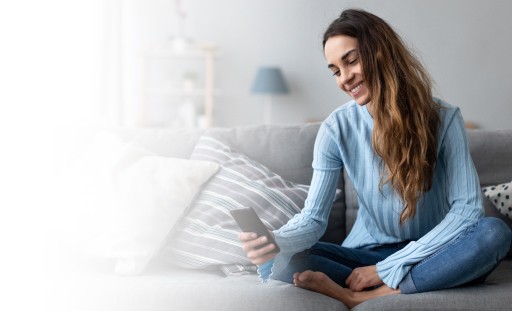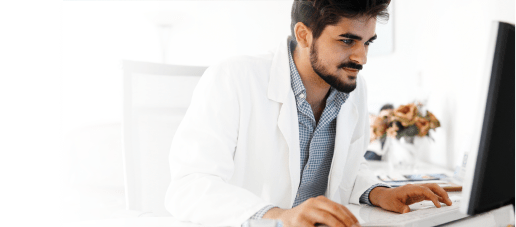The Double-Edged Sword of Social Media Use for Gen Z & Millennials
As a student, I’m sure you have an intimate relationship with social media. I know I do. It’s an ever-changing space where we connect with friends all over the world, meet like-minded people, learn new things, and even feel seen and heard.
But, like everything, social media has its darker corners. It can affect our mental and physical health in ways we may not anticipate. Here’s a closer look at the impact of social media use, and some life hacks for healthily engaging with these platforms.
{Black Iphone face up on a table, focused on the Instagram, Facebook, and Twitter apps – Photo by dole777 on Unsplash}
The Bright Side: How Social Media Can Boost Health and Connection
- Feeling Connected: Social media platforms can serve as a lifeline for people who feel isolated. They provide a sense of belonging by helping us stay in touch with family and friends, or meet new ones with shared interests. They allow us to find online communities. Want to share book recommendations? BookTok! Looking for fellow Swiftie’s to chat about the Era’s tour? SwiftTok!
- Health Awareness and Education: Social media platforms can be treasure troves of health information. Educational health content on platforms like Instagram and TikTok has seen massive growth, with influencers and health professionals sharing advice in an entertaining, relatable manner. One study found that over 60% of respondents found social media crucial in their mental health journeys.
- Support Groups: One of the real positive effects of social media on mental and physical health, is the availability of support groups for people dealing with similar health issues. They offer emotional support and practical advice that could be hard or expensive to seek out otherwise.
The Flip Side: The Negative Impact of Social Media on Your Health
- Mental Health: If misused, social media seriously harms your mental health. Studies have linked heavy social media use with anxiety, depression, loneliness, and poor body image. The constant exposure to idealized lives can breed feelings of inadequacy and fuel mental health problems.
- Disrupted Sleep: Late-night scrolling can lead to poorer sleep quality and, consequently, impact your overall health and academic or work performance.
- Physical Health: Prolonged screen time can lead to sedentary behaviors, potentially leading to weight gain and associated health risks.
Social Media: Making it Work for You
Now that we’ve addressed the good, the bad, and the ugly of social media and health, here are a few life hacks on how to use social media in a healthy way:
- Set Boundaries: Consider setting time limits for social media use. Most platforms now have in-built tools to monitor and restrict daily usage.
- Curate Your Feed: Follow accounts that inspire, educate, and make you feel good about yourself. Unfollow or mute those that trigger negative emotions.
- Digital Detox: Periodically disconnect from social media. Use that time to focus on other areas of your life, like exercise, hobbies, and real-world social interactions.
As we navigate the impact of social media, the key is to use it mindfully, creating a balance between our online and offline lives. While it can foster connection and wellbeing, overuse or misuse can really jeopardize our health and wellbeing.
At MomentMD, we are committed to promoting a balanced digital lifestyle while offering accessible telemedicine precepting and education.





